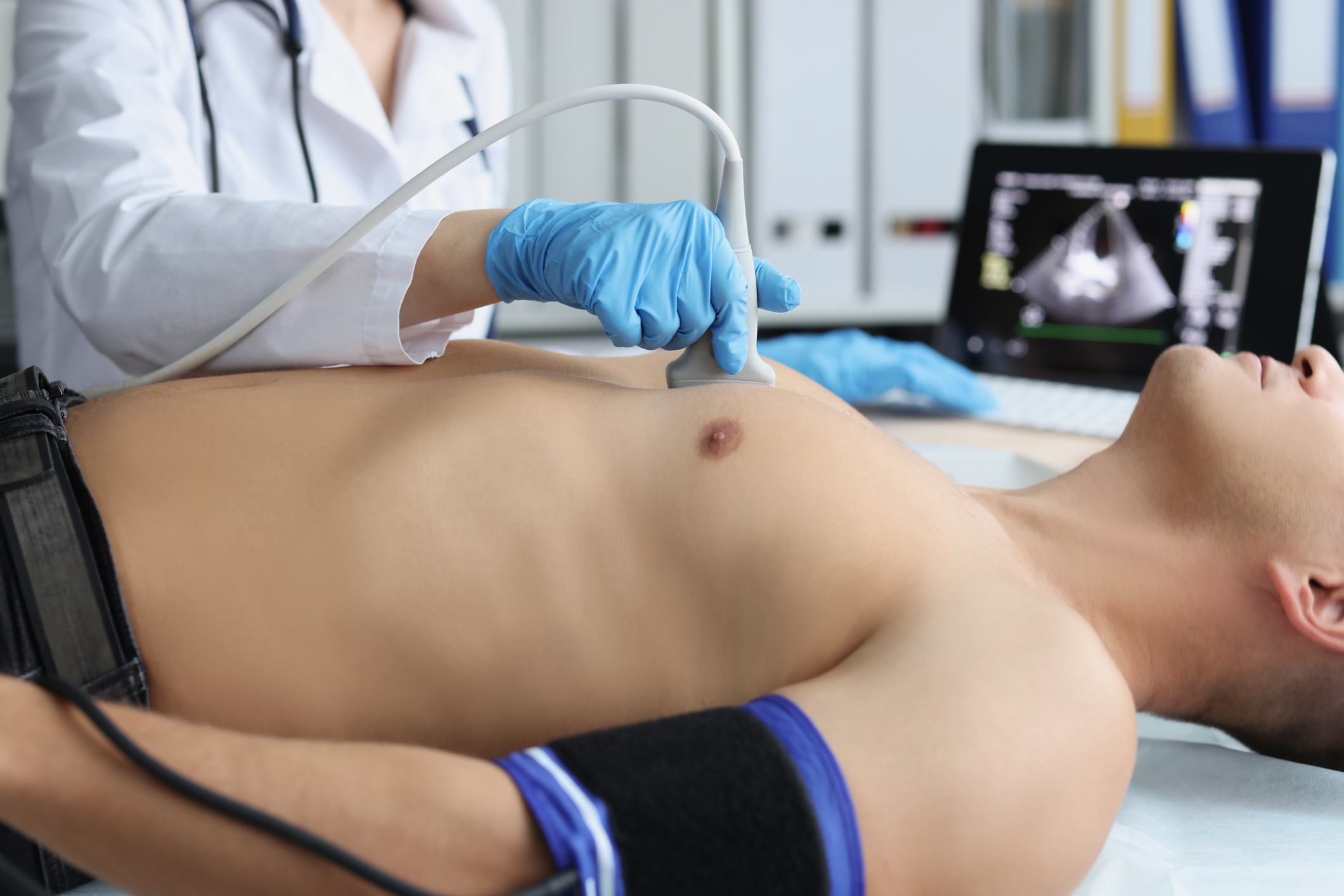Artificial intelligence is already outperforming humans in analyzing ultrasound for cardiac diagnosis | Health and wellness


In addition to answering all kinds of questions or creating images that weren’t there before, artificial intelligence (AI) is also becoming very relevant for its application to medicine. Today’s Journal nature He published a study in which artificial intelligence improved the results of humans in evaluating echocardiograms, a type of image used to diagnose heart disease. The authors, a multidisciplinary team at Cedars-Sinai Medical Center in Los Angeles, conducted a randomized, blinded trial — the first of its kind using this technology — to assess AI accuracy by analyzing 3,495 ultrasound scans used to view muscle and heart valve function.
In the study, cardiologists were asked to rate the initial assessment of ultrasound technicians who typically perform this job and those performed by AI. Physicians performed device corrections in 16.8% of cases compared to 27.2% of human technicians. Furthermore, cardiologists were unable to distinguish between assessments made by an AI or a person. As the authors summarized, “For patients who underwent echocardiographic assessment of their cardiac function […] The evaluation by the AI was not inferior to that of the echocardiologists.”
Those in charge of the work, led by cardiologist David Ouyang, don’t think this kind of technology will ever replace the work of professionals. “We hope this helps specialists save time and reduce the more stressful parts of cardiac imaging work,” he says. The cardiologist, at least for now, will continue to have the last word.
At Cedars-Sinai, they are also applying AI to other aspects of heart disease prevention. A team led by Sumit Chough has begun an observational study with about 400,000 people looking for a more accurate way to assess the risk of ventricular fibrillation, a type of irregular heartbeat that can cause sudden death. The accumulation of large amounts of information will allow the training of artificial intelligence, according to those responsible for this project, to predict with greater accuracy who should undergo intervention because the risk of heart failure is high. Other uses of AI tested by the same organization make it possible to improve the quality of images obtained with low-quality scanners to match those obtained with higher-quality machines.
Amparo Martínez, President of the Cardiac Imaging Society of the Spanish Society of Cardiology (SEC) and Cardiologist at the Clinico Universitario de Santiago Hospital, explains that in the latest generation of workstations, “there are already semi-automated programs that are used to analyze different measurements of the echocardiogram. It is something that provides time, but an expert assessment is still necessary,” he adds. He asserts that this type of technology “helps a lot and will help more, and it can speed up the work, because it’s faster than if you were doing the measurement, but the doctor’s work will always be necessary,” he concludes.
Ouyang believes his technology can help make medical treatment more affordable, but his words are that, at least in the case of technicians evaluating ultrasound scans, he does not rule out that artificial intelligence could replace human labour. “The cardiologists will still look at it and make sure it is done correctly. However, in our experience, the cardiologists were unable to differentiate between the work done by the technicians and the AI and saw that the initial assessment of the AI was better and required fewer changes.
As with technologies like ChatGPT, the possibility of leaving something as sensitive as a medical diagnosis in the hands of systems whose operation is not fully understood has sometimes raised suspicions. However, experts such as Regina Barzilai, who has developed algorithms to improve cancer diagnosis, believe that the danger is not taking advantage of the potential of technology that can improve the accuracy of medical diagnosis and make it cheaper. “There is an overemphasis on the dangers of this technology, but if you look at healthcare systems around the world, they often don’t include it. The research is only being done in some hospitals. It’s like talking about the dangers of a house on Mars when no one is building houses on Mars.” Mars,” he said in an interview with EL PAÍS. He concluded, “The danger of AI lies in delaying its application to medicine, because there are too many people suffering from lack of care, medical errors, or exorbitant health costs.”
You can follow Country health and well-being in FacebookAnd Twitter And instagram.




